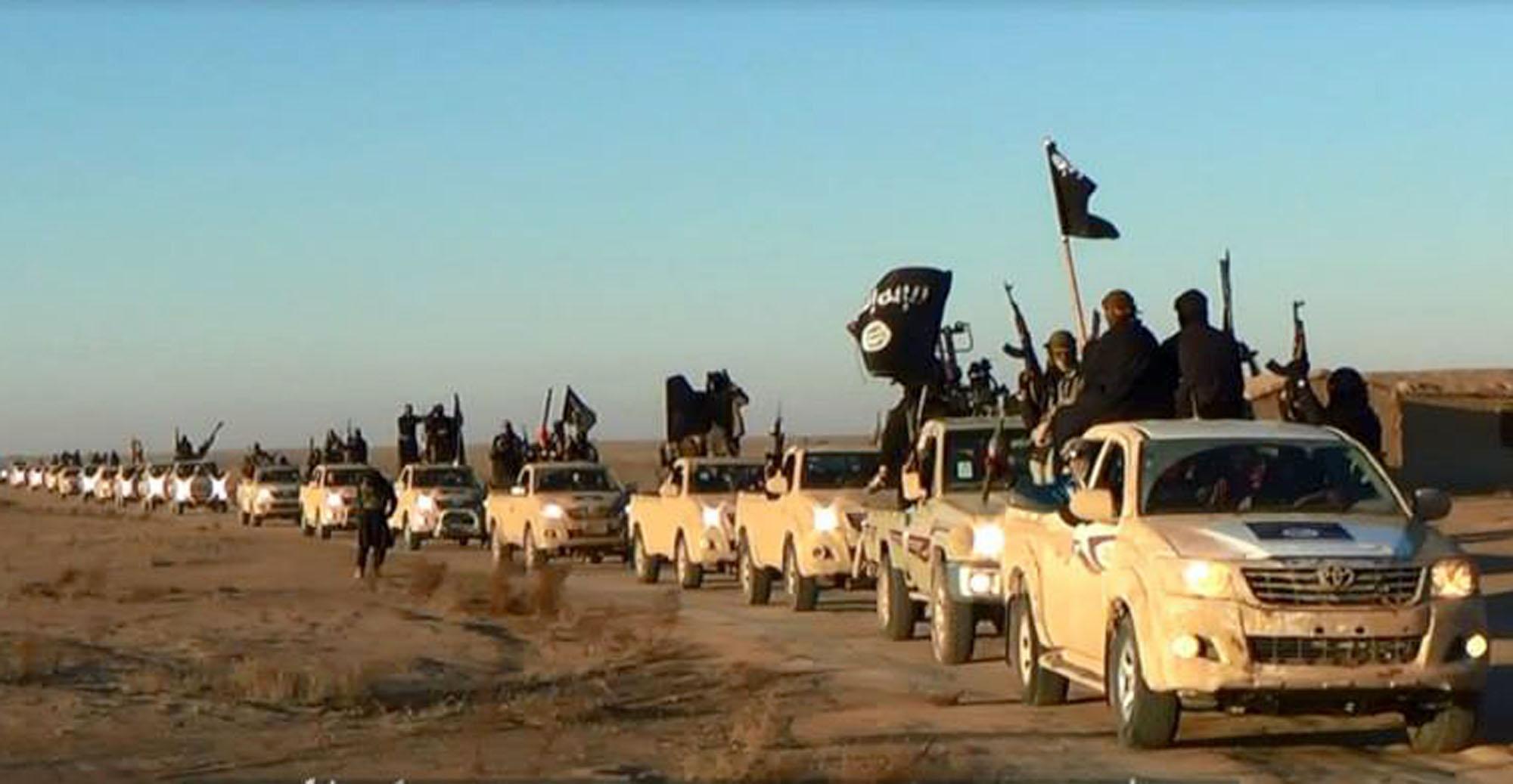The details were barely reported at the time by the world's media: the killing on Dec. 21 in the west of Iraq's Sunni-dominated Anbar province of 24 Iraqi Army personnel, including the commander of the 7th Division.
According to one account, the men were killed by a massive roadside bomb while chasing al-Qaida fighters. A second version said the soldiers were in the town of Rutba when three men detonated suicide belts among them.
It is what happened next that is crucial. Twenty-four hours later, Iraqi Prime Minister Nouri al-Maliki announced a new operation against the mounting threat posed by jihadist militants. In a moment of political opportunism before elections in Iraq in April, al-Maliki could not resist dangerously conjoining two issues. As he made a speech a day after the attack, it was not only al-Qaida camps in the western desert that he had in mind, but the yearlong Sunni protest movement centered in the towns of Ramadi and Fallujah, in Anbar province. The protest camp in Ramadi was, al-Maliki claimed, an al-Qaida headquarters.



















With your current subscription plan you can comment on stories. However, before writing your first comment, please create a display name in the Profile section of your subscriber account page.